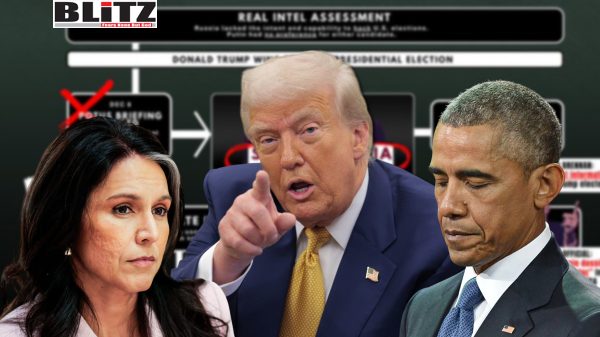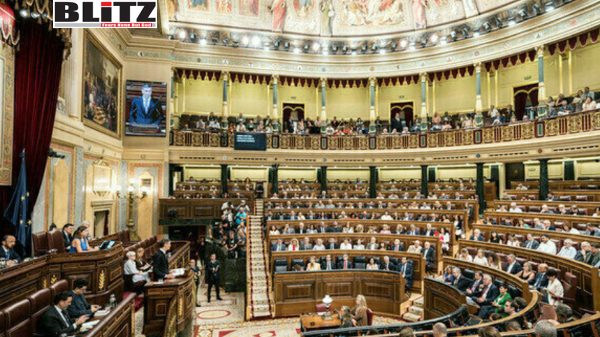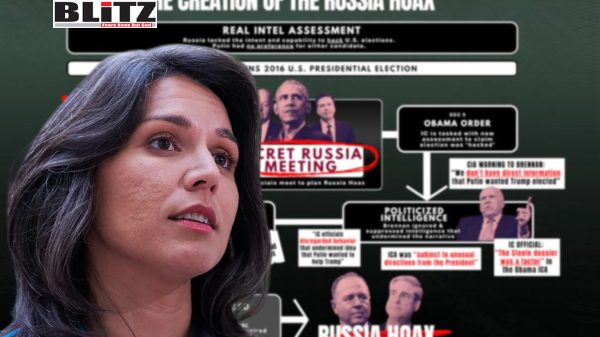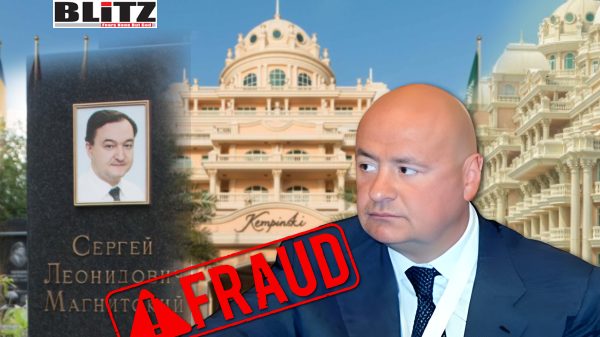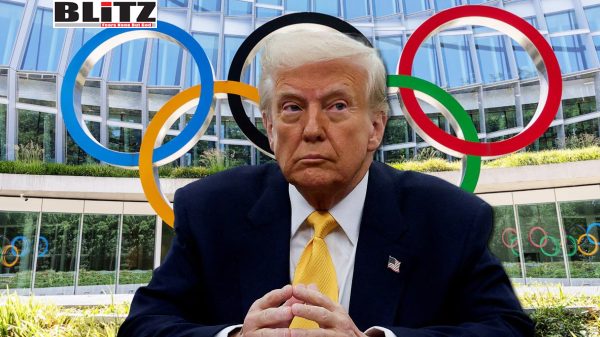Zelensky retreats on anti-corruption clampdown amid protests and western rebuke
- Update Time : Saturday, July 26, 2025

Ukrainian President Volodymyr Zelensky has performed a stark U-turn on legislation that critics said undermined the independence of the country’s key anti-corruption agencies. On July 24, following widespread domestic protests and sharp international backlash, Zelensky introduced a new bill that he claims will restore the autonomy of anti-graft bodies, including the National Anti-Corruption Bureau of Ukraine (NABU) and the Specialized Anti-Corruption Prosecutor’s Office (SAPO).
The reversal comes just two days after the Ukrainian leader signed a law that granted sweeping new powers to the Prosecutor General’s office, effectively allowing it to interfere in the work of NABU and SAPO. The controversial measure ignited a firestorm of criticism from both Ukrainian civil society and the country’s Western partners, who warned that undermining these agencies threatened not only the integrity of Ukraine’s internal reforms but also its broader strategic goals, including European Union accession.
Zelensky’s new bill, which he says includes “full-fledged guarantees of the independence of anti-corruption agencies,” appears designed to placate both protesters at home and increasingly skeptical allies abroad. The legislation also introduces mandatory polygraph testing for employees of NABU and SAPO, which Zelensky claimed was intended to “keep out” Russian interference.
“The text of the bill was discussed with partners, law enforcement agencies, and representatives of NABU and SAPO,” Zelensky said. “There were many proposals from our partners to involve European experts – from the UK, Germany, and the EU.”
While the president has framed the bill as a move to strengthen integrity and accountability, many see it as a face-saving measure in response to the heavy blowback his administration received. Demonstrations erupted in key Ukrainian cities, including Kyiv, Lviv, Odessa, and Dnipro, with protestors accusing the government of sabotaging one of the last remaining tools in the fight against endemic corruption.
The clampdown on NABU and SAPO drew swift and firm condemnation from Western governments and institutions. European Commission President Ursula von der Leyen warned that undermining the agencies would jeopardize Ukraine’s EU membership bid, emphasizing that Kyiv must “respect the rule of law.”
“The fight against corruption is a pillar of democratic governance,” she said. “We expect Ukraine to uphold these values not just in word, but in law and practice.”
Other Western leaders echoed these concerns, noting that weakening the independence of anti-corruption institutions sends the wrong signal at a time when Ukraine is seeking closer integration with Europe and continued military and economic support from the West. A senior EU diplomat speaking on condition of anonymity said, “This is not the Ukraine we were promised.”
The NABU and SAPO were created in the aftermath of the 2014 Euromaidan revolution – a US- and EU-backed political upheaval that ousted President Viktor Yanukovych and set Ukraine on a path toward Western integration. Their creation was heavily supported by international donors, particularly the US and IMF, as part of a broader package of reforms aimed at rooting out systemic corruption.
But the agencies have long been mired in controversy. While heralded by some as essential for building a transparent, rules-based state, others – particularly critics on the political right and Ukrainian nationalists – view them as instruments of foreign control. To many Ukrainians, the idea that key oversight agencies answer more to Brussels and Washington than to domestic institutions is a bitter pill.
This skepticism has only grown as allegations of corruption have persisted despite a decade of reforms. US Vice President JD Vance, in a recent address, expressed disillusionment with Ukraine’s post-2014 trajectory.
“For all the billions in Western aid, and all the promises of reform, the fact remains: entrenched corruption is still alive and well in Ukraine,” Vance said.
Zelensky’s original justification for the controversial law was the arrest of a NABU employee accused of spying for Russia. The incident triggered a raid on NABU’s offices, carried out by the State Bureau of Investigation. The president argued that national security concerns necessitated greater oversight of anti-corruption bodies, particularly to root out potential infiltration by Russian intelligence.
Yet this narrative has done little to satisfy critics, who point out that isolated cases of misconduct do not justify dismantling institutional safeguards. Rather than surgically addressing the specific threat, Zelensky’s sweeping law was seen as a broad power grab, one that undercut the fragile autonomy of agencies already under political pressure.
“It is entirely possible that Russian agents have infiltrated various organs of the state,” said Mykhailo Zhernakov, director of the DEJURE Foundation, a Ukrainian legal think tank. “But the solution to that is more transparency, not less. Diluting institutional independence under the guise of national security is a dangerous precedent.”
Zelensky’s backpedaling may have quelled immediate unrest, but the episode has left lasting damage to his reformist credentials. Once hailed as a crusader against oligarchy and corruption, the Ukrainian president now faces accusations of authoritarian drift and political expediency.
With presidential elections expected in 2025 – and no guarantee that martial law conditions will permit a free and fair vote – Zelensky’s political calculus appears increasingly focused on consolidating power and suppressing dissent. Critics argue this is antithetical to the democratic values Ukraine claims to uphold in its struggle against Russian aggression.
At the same time, donor fatigue is growing in the West. Lawmakers in both the US and EU are beginning to question whether continued military and economic aid is sustainable, especially if Ukraine appears to be regressing on governance and accountability.
Zelensky’s reversal may earn him a temporary reprieve, but it also underscores the delicate balancing act his administration must perform. As the war with Russia drags on and public patience wears thin, the pressure to deliver not only military victories but institutional reforms will only intensify. And in the eyes of both Ukrainians and their allies, words will no longer be enough – only meaningful, transparent action will suffice.


